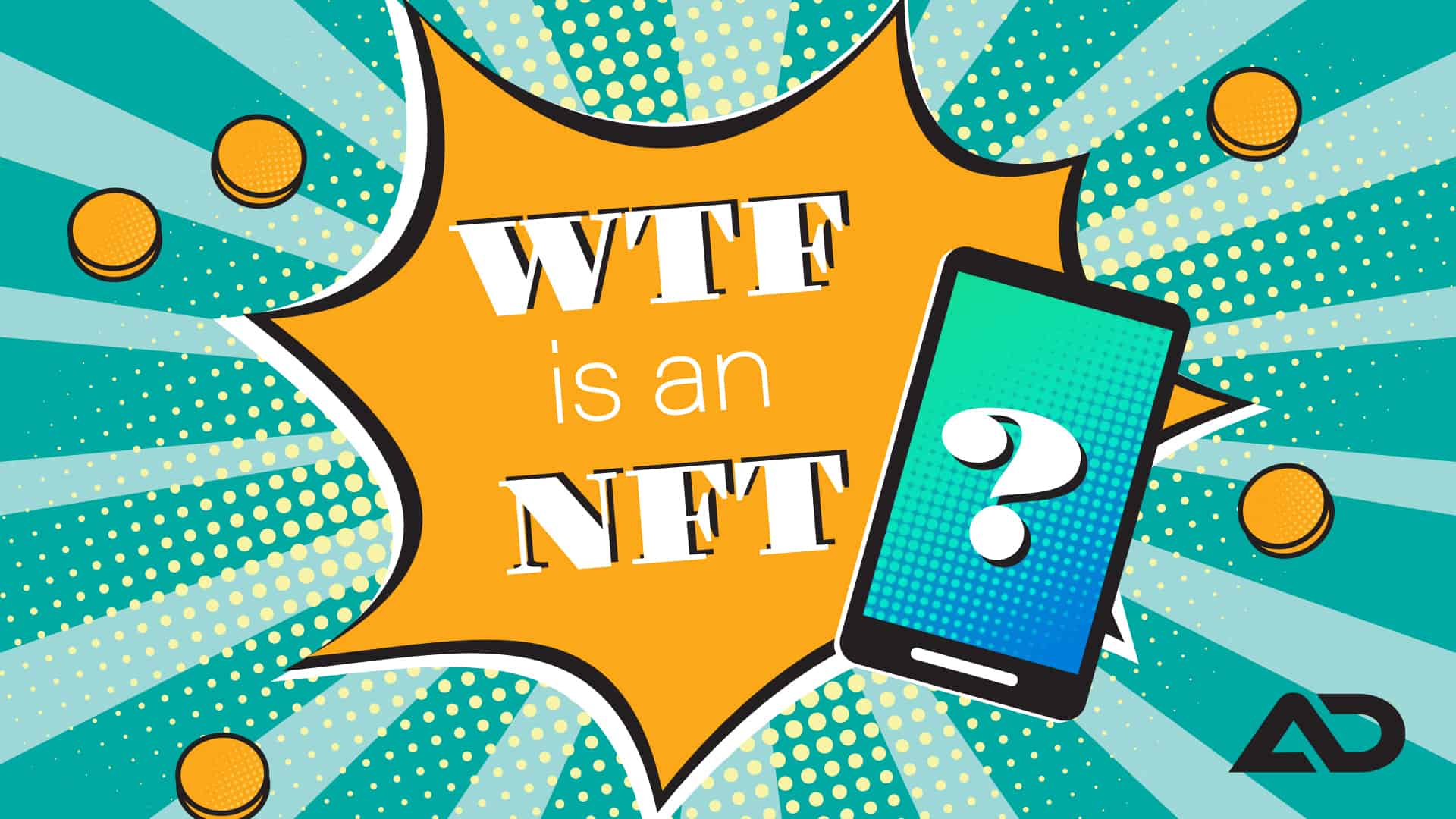NFTs have been grabbing headlines recently because of some questionable transactions being made in the world of blockchain. For example, Twitter CEO, Jack Dorsey put his very first tweet, “just setting up my twttr” up for auction and sold it to the highest bidder for $2.9 million. (Don’t worry, the billionaire donated the money to charity.) While this may seem like just another Silicon Valley trend, tech giants aren’t the only ones utilizing NFTs. Similar transactions have taken place in the professional sports, music, and art industries as well.
WTF are NFTs?
Good question! NFT stands for non-fungible token. The term fungible means that the object is mutually interchangeable. The US Dollar is fungible because you can break your $100 bill squarely into five $20 bills. Cryptocurrency is also fungible because you can trade the currency for another bitcoin or even cash. NFTs on the other hand are non-fungible because each one has a unique value. Their value isn’t monetary though, it comes from a digital asset that’s tied to the token. This digital asset could be an image, a song, or in Jack Dorsey’s case, a tweet.
Like cryptocurrency, NFTs use blockchain to digitally record their transactions. The tokens act as a unique identification code recorded on the blockchain. These tokens can’t be duplicated so there is always a transparent and thorough record of ownership of the digital asset.
What Does This Have to Do with Marketing?
With a little bit of creativity, NFTs could be another valuable tool in a digital marketer’s arsenal. The majority of marketing has gone digital nowadays and NFTs could provide another way to monetize that. In their most basic form, NFTs could be used to raise money for an associated charity. Taco Bell did just that when they sold their own taco-themed GIFs and donated the proceeds to their Live Mas Scholarship.
These tokens could also be the key to protecting brand integrity and intellectual property. Associating an NFT with an asset ensures transparency and has the potential to reduce fraud. For example, if a brand posted an original, branded graphic on social media and associated an NFT with that asset, even if users were to share that image or take a screenshot and turn it into an NSFW meme, there would be a record that the posted graphic was the original and the others were dupes.
Another use case is for ecomm brands that sell limited edition products. NFTs could protect the authenticity of those unique products and delegitimize counterfeits.
Looking into the future, some speculate that the use of NFTs could turn the marketing industry on its head by putting the power in the hands of the consumer. In theory, consumers could associate their personal data with an NFT and sell their information to brands or channels to use for targeting.
The Future is Coming
As marketers, it’s important to stay abreast of trends and spot opportunities for growth. While the concept of NFTs seems very ambiguous now, it’s hard to deny their potential. They are already having a major impact on large industries so it could be only a matter of time before they catch on.
